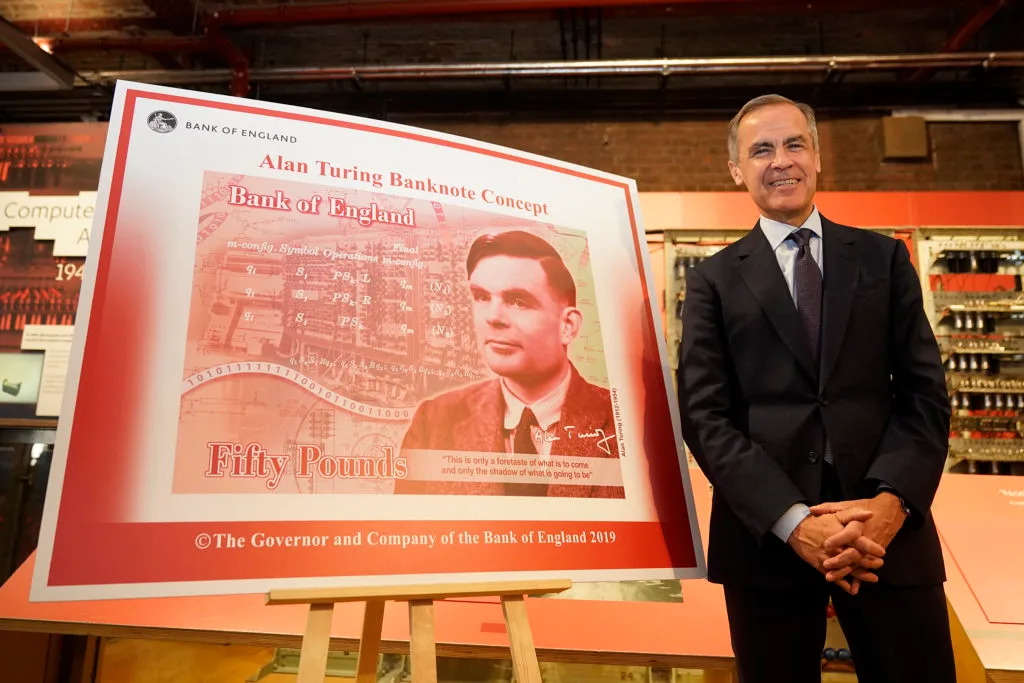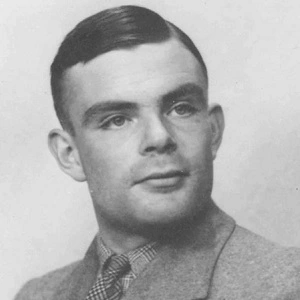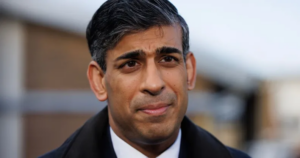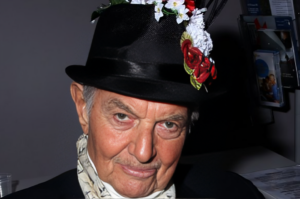Alan Turing, a remarkable mathematician and codebreaker, left an indelible mark on history through his groundbreaking achievements. His contributions during World War II played a vital role in ending the conflict and paved the way for modern computing and artificial intelligence. However, Turing’s life was marred by the brutal homophobia of his time, ultimately leading to his tragic death. This article pays tribute to Turing’s extraordinary legacy while highlighting the discrimination he faced as a gay man and the ongoing efforts to acknowledge and rectify this injustice.
An Innovator Ahead of His Time
Born on June 23, 1912, Alan Turing displayed extraordinary intellectual abilities from an early age. Educated at Cambridge, he presented a groundbreaking paper just two years after graduation, introducing the concept of the “Turing machine” – a precursor to the modern computer. After pursuing further studies at Princeton University, Turing returned to Cambridge and joined the Government Code and Cypher School (GCCS), a renowned code-breaking unit.

Cracking the Enigma Code and Shortening the War
During World War II, Turing’s brilliance shone at Bletchley Park, where he played a pivotal role in deciphering the German Enigma code used by the navy. His work, alongside that of his colleagues, is believed to have shortened the war by several years. Turing’s code-breaking efforts helped save countless lives and made a significant impact on the outcome of the war.
The Persecution of a Genius
Despite his invaluable contributions and status as a war hero, Turing’s life took a tragic turn due to the prevailing homophobia of the era. In 1952, he reported a burglary to the police, inadvertently revealing his sexual relationship with the perpetrator. This confession led to Turing’s arrest and subsequent conviction for “gross indecency.” Faced with imprisonment, he chose chemical castration, a cruel treatment aimed at suppressing his sexuality, as an alternative.

The Fallout and Untimely End
Following his conviction, Turing’s security clearance was revoked, derailing his career and leaving a permanent stain on his reputation. He was barred from entering the United States, curtailing his opportunities in the field of computing. In the midst of his struggles, Turing confided in a friend about the societal pressure to conform to heterosexuality, revealing the torment he endured. On June 7, 1954, at the age of 41, Alan Turing tragically took his own life.
Recognition and Long-overdue Apology
It wasn’t until 2009 that the British government issued an official apology for the mistreatment Turing suffered as a gay man. Then-Prime Minister Gordon Brown acknowledged the horrifying injustice Turing faced and recognized his immense contribution to humanity. Brown’s apology, a small step toward equality, sought to rectify the harm inflicted on Turing and acknowledge his pivotal role in safeguarding freedom during the war.
Posthumous Pardon and Legacy
In 2014, Turing was posthumously pardoned, marking a significant acknowledgment of his wrongful conviction. Furthermore, the passing of the “Alan Turing law” in 2017 allowed thousands of men convicted of historical gay sex offenses to seek formal pardons. However, the process has been slow, with a substantial number of eligible individuals still awaiting recognition.
Author
-

the world's first and only daily LGBTQ+ evening news show. This program features a variety of hosts and guests who discuss the latest news and events related to the LGBTQ+ community. Queer News Tonight covers topics ranging from politics and entertainment to health and social issues, providing a comprehensive look at what's happening in the LGBTQ+ world.























